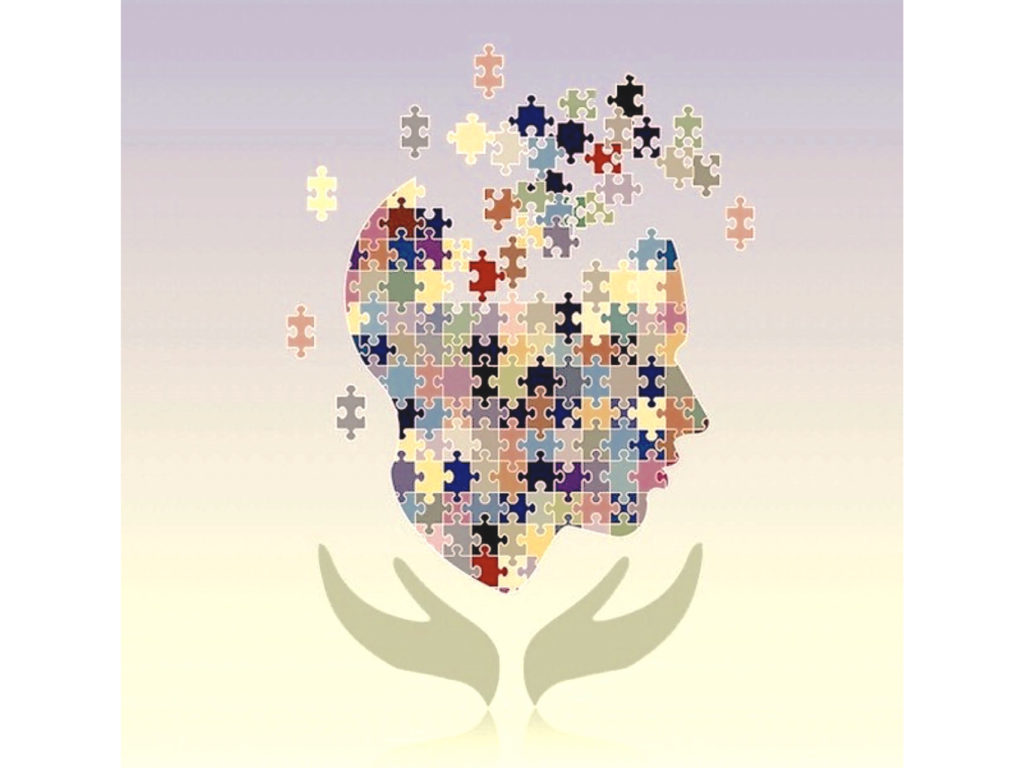
Originally from Italy, Dr. Cristina Bertollini graduated in 2003 with full marks from the University of Rome with a degree in Biology and a specialization in physiopathology. From the same university, she received her PhD degree in neurophysiology. She subsequently won a number of post-doc scholarships while working as a researcher at INSERM (National Institute of Health and Medical Research) in Marseille, France; at CINVESTAV (Centre of Advanced Research) in Mexico City; at the department of human physiology and pharmacology at the University of Rome; and at the CMU (University Medical Centre) in Geneva, Switzerland.
Her research focuses on the study of memory and learning as well as on the analysis of the mechanisms underlying neural dysfunctions associated with different neurological pathologies such as epilepsy and psychiatric pathologies such as schizophrenia.
Her passion for nutrition has propelled her to frequent a school of holistic nutrition in Geneva where, upon graduating, she began teaching Neurodegenerative Pathologies in the courses of Nutrition-Related Pathologies.
She currently works both in Geneva and in Rome as a holistic nutrition specialist in Neuronutrition, a preventive and therapeutic holistic approach aimed at optimizing brain and psychic functioning.
Registered with ASCA (Swiss Foundation supplemental medicine), section A, no. K600463
As a holistic nutritionist, I believe that the symptoms of any illness are signs of a much deeper health problem. All too often, illnesses are approached by reducing them exclusively to their symptoms. In contrast, the goal of holistic nutrition is to analyze the all-around state of health of an individual, along with the specific disorders, by identifying the root causes of the symptoms. It is therefore a person-centered rather than an illness-centered approach. The emphasis is on the organic system and not on the single organ, on balance rather than on a cure, thus fostering the natural tendency of an organism to sustain itself and self-heal. Holistic nutrition is preventive as well as therapeutic, and it is the best available way to combat even those symptoms that are currently considered difficult to cure or psychosomatic. The first step towards effective prevention and healing is self-awareness. Through personalized consultation, you will be guided in discovering the workings of your organism. Rather than imposing rules on you, you will be shown how you can improve your lifestyle so as to find harmony of body, mind, and spirit. You will be guided in developing a positive and confident attitude which will be the key to seeing physical and mental improvement even after a few weeks. In short, this approach will allow you to understand that you do not have to engage in a taxing struggle. Rather, you will live it as an opportunity for selfimprovement and personal growth.
During our meetings, I will explain to you the relation between nutrition and psychophysical well-being by stressing the importance of micronutrition (minerals, trace elements and vitamins). You will not be subjected to a restrictive regimen through constant privation, which inevitably leads to exasperation. Instead, you will be guided on how to make the right nutritional choices and how to schedule them across meal times, in accordance with your specific needs.
This targeted approach follows different research methodologies such as:
The collected data will be used to design a healing plan that will produce rapid benefits at the physiological level (normalization of the digestive function), at the bioenergetic level (restoration of normal energy flows) and at they psychic level (neutralization of negative emotions and destructive thoughts with resulting improvement in stressmanagement).
Motivation, determination and self-awareness will eventually help you become your own best therapist.
Feed Mentis is an individualized therapeutic support described by Dr. Cristina Bertollini with the purpose of achieving a permanent state of physical and mental health. The approach is based on a comprehensive selection process of every aspect of the mind-nourishing process. The relationships we form, the attitudes we cultivate, our media consumption habits, our reading, social-networking, and musical habits all represent sources of energy for our mind exactly in the same way food generates energy for our bodies.
Acting to improve the quality of our mental state means nourishing it not only with healthy food, but also with positive thinking, hope, optimism, passion, without neglecting the heart, which we now refer to as the center of our intuitive intelligence. This is in response to a media environment that saturates us with images of pencil-thin women and statuesque men, thus often sending us toxic messages about what to eat, and how to diet. From the psychological perspective, constant exposure to these messages can have a powerful effect on our minds and bring feelings of weakness along with loss of self-control and self-confidence. In contrast, Feed Mentis program builds awareness around the fact that holistic nutrition is the most important tool available to us for finding a natural way of staying healthy.
Nutritious food (fresh, in-season, biological, whole and non-genetically manipulated), in fact, combats many chronic illnesses such as obesity, cardiovascular illnesses, arterial hypertension, metabolic disorder, diabetes and certain forms of tumors. Moreover, a healthy diet can help pregnant women with correct fetal development, breastfeeding and weaning. It can also help reduce intestinal problems, allergies, asthma, panic attacks, migraines, chronic fatigue, insomnia. Above all, a healthy diet strengthens the immune system, contributing to protect the body from other health issues not directly related to nutrition. Nevertheless, it is you yourself, by nourishing your mind in a healthy way, who will create your health.
